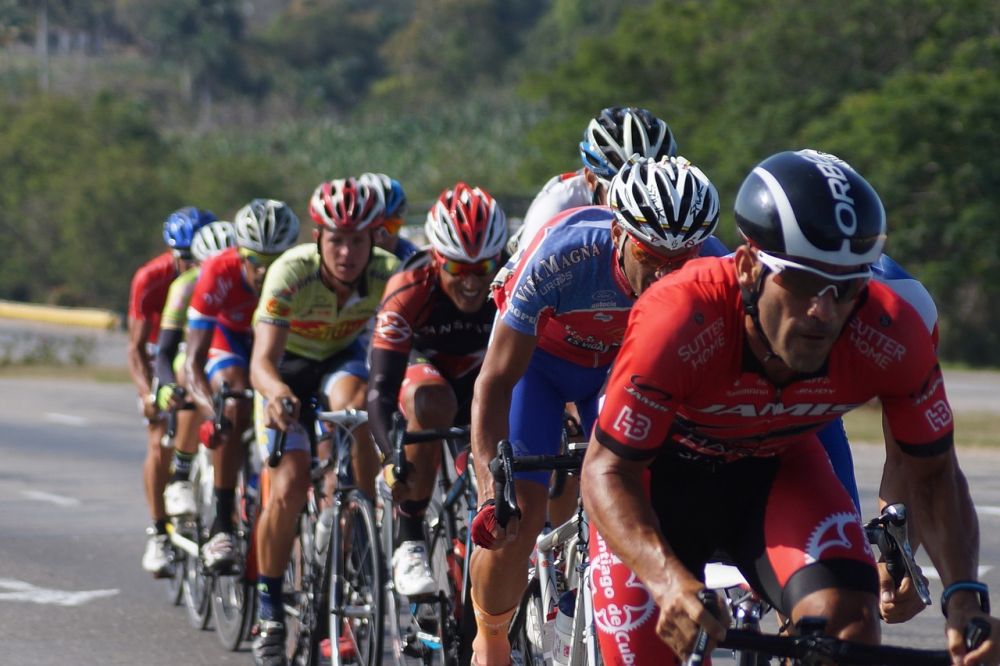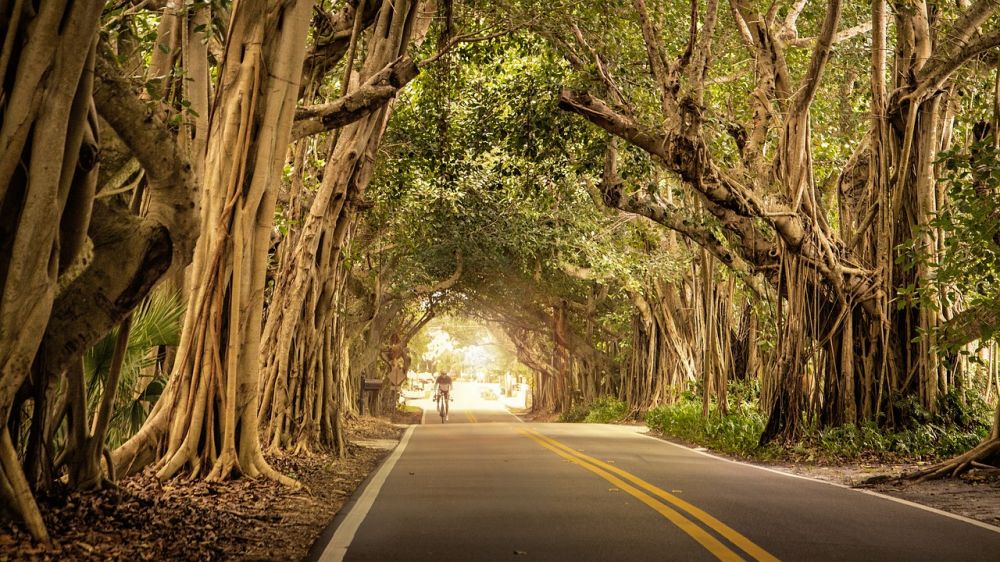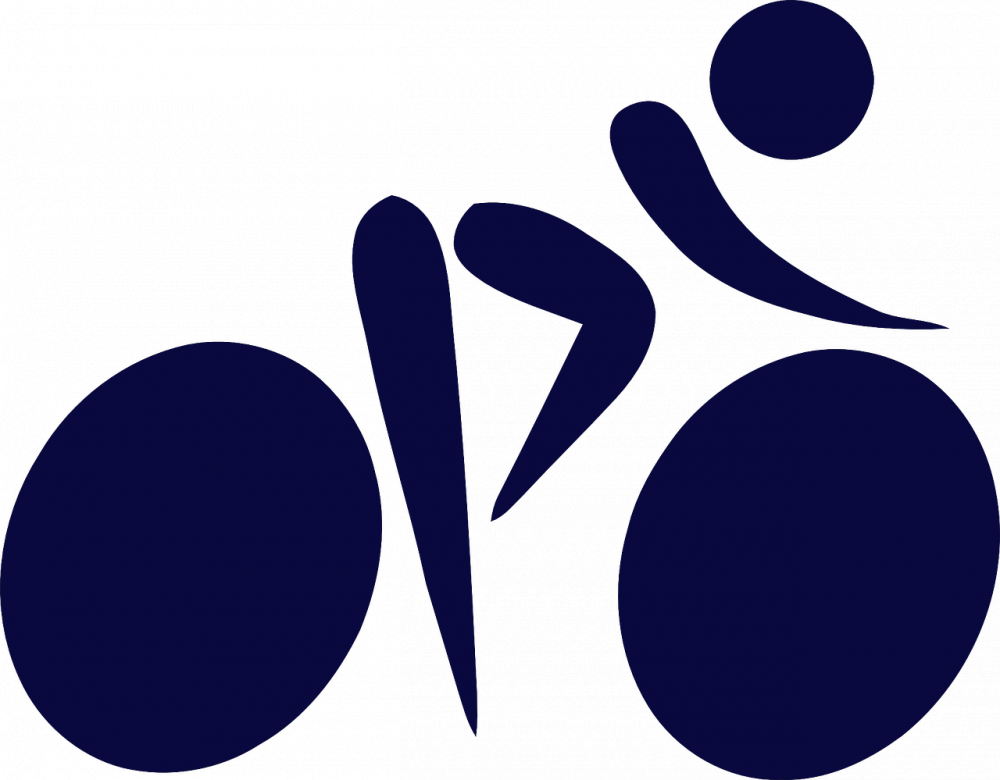Tour de France Start: A Grand Event for Cycling Enthusiasts

Introduction:
The Tour de France is an iconic, annual cycling race that captivates sports and outdoor enthusiasts around the world. As one of the most prestigious and challenging races in the cycling calendar, the Tour de France start serves as a grand spectacle that sets the stage for the intense competition that lies ahead. In this article, we will explore the significance and evolution of the Tour de France start over time, providing valuable insights for those who are interested in this thrilling event.
What is the Tour de France start?

The Tour de France start marks the beginning of the renowned multi-stage cycling race that spans across France and occasionally neighboring countries. Held annually in July, the race covers a distance of approximately 3,500 kilometers over a period of three weeks. Cyclists from around the world compete for the coveted yellow jersey, which is awarded to the overall winner at the end of the race.
The Tour de France start is a key moment for both riders and fans. It sets the tone for the entire race and generates excitement among cycling enthusiasts who flock to the starting location to witness the energy and anticipation firsthand. The start often takes place in different cities or regions each year, showcasing the diverse landscapes and culture of France.
Historical Development of the Tour de France Start:
The Tour de France start has evolved significantly since its inception in 1903. Initially, the race started and ended in Paris, with a single stage covering a long distance. Over time, the organizers recognized the need to make the race more challenging and engaging, prompting the inclusion of mountain stages, individual time trials, and intermediate sprints.
In the early years, the Tour de France start attracted a small number of participants and spectators. However, as the race gained in popularity and prestige, the start became a major event. Cities and regions in France competed to host the Grand Départ (the official start), recognizing the economic and cultural benefits it could bring.
The Tour de France start now includes elaborate opening ceremonies, where the teams and riders are presented to the public. Spectators line the streets, eager to catch a glimpse of their favorite cyclists and soak in the atmosphere of this momentous occasion. The start is also broadcasted on television, allowing millions of viewers worldwide to experience the excitement from their homes.
Evolution of the Tour de France Start:
The format and logistics of the Tour de France start have also evolved to accommodate the increasing demands of the race and its participants. In recent years, the start has been embraced by cities outside of France, allowing the race to showcase different regions and attract a wider global audience.
The Tour de France start has become an opportunity for host cities to promote tourism, gain international exposure, and boost their local economy. The event is often accompanied by various festivities, cultural exhibitions, and entertainment programs to engage both locals and visitors alike. The extensive media coverage of the Tour de France start further amplifies the spotlight on the host city, leaving a lasting impression on viewers around the world.
Conclusion:
The Tour de France start has evolved from a modest beginning into a grand event that captures the attention of sports and leisure enthusiasts worldwide. It represents the commencement of an arduous journey for the cyclists and serves as a thrilling spectacle for spectators.
Throughout its history, the Tour de France start has grown in size, scale, and significance, transforming into an international phenomenon that resonates with fans and host cities alike. From its humble origins to the extravagant opening ceremonies of today, the start symbolizes the essence and excitement of the entire race.
Whether it’s witnessing the frenzied atmosphere in person or tuning in from the comfort of your home, the Tour de France start is an event that continues to captivate and inspire cycling aficionados year after year. So mark your calendars and join the celebration as the quest for the yellow jersey begins once again.





